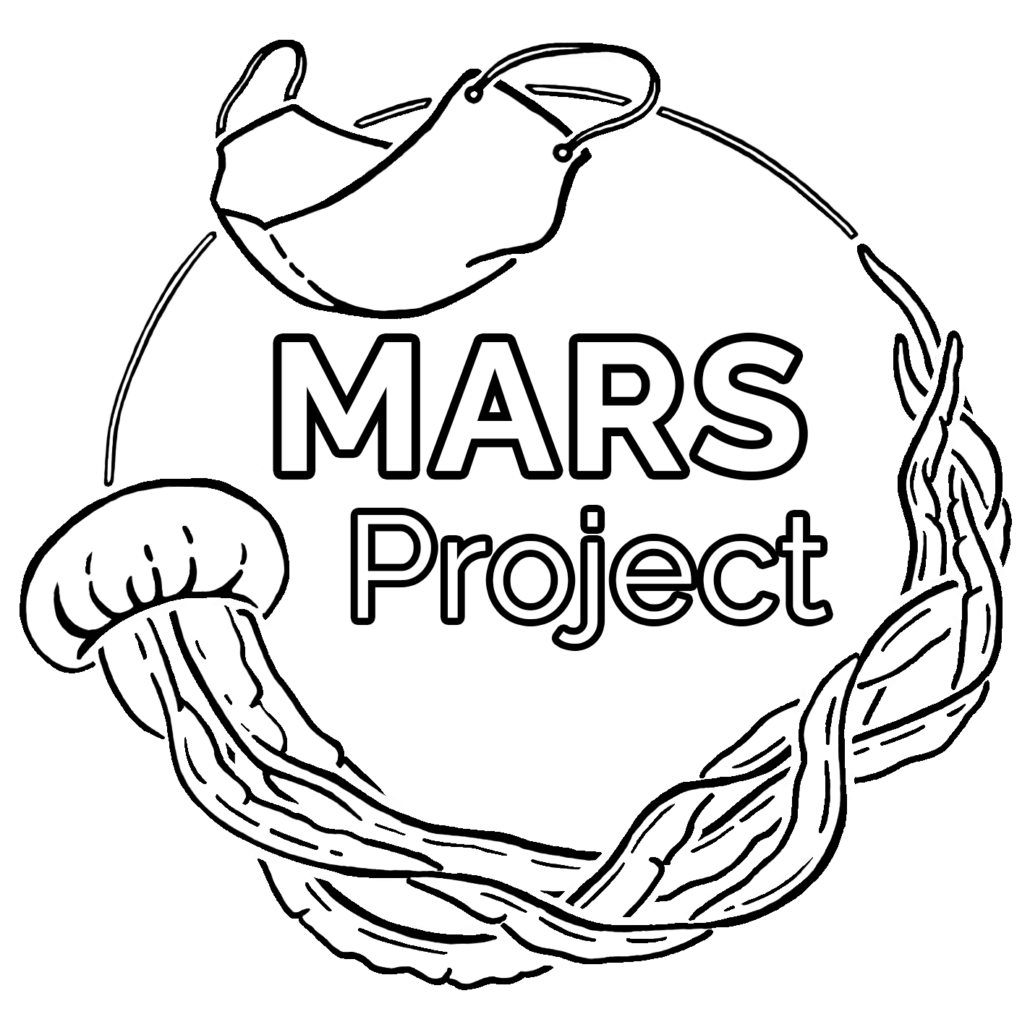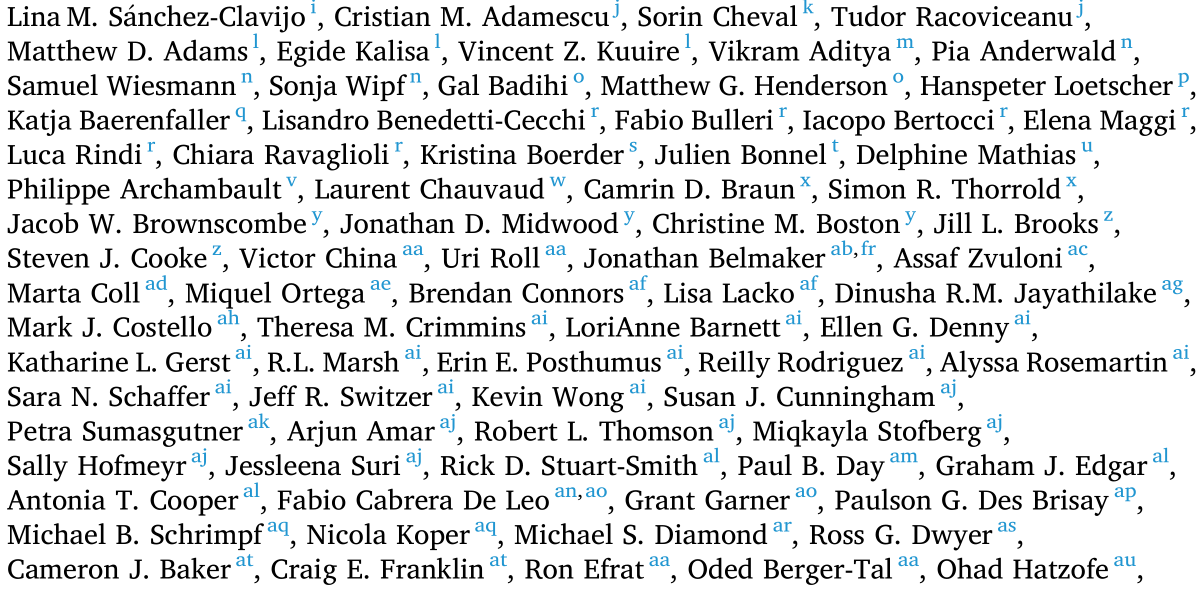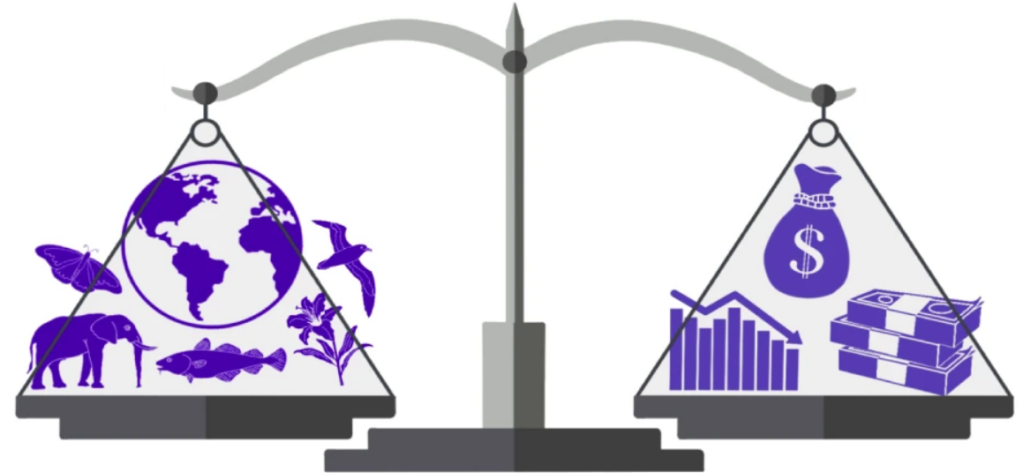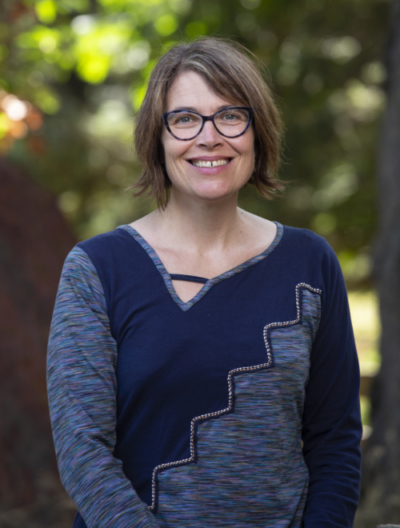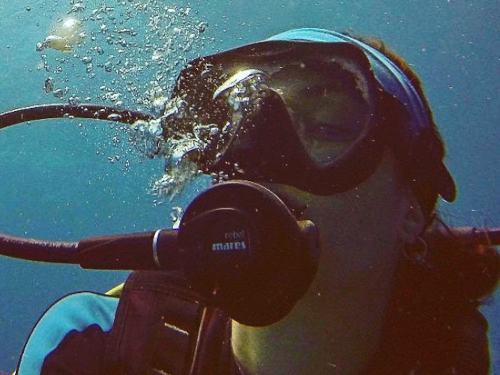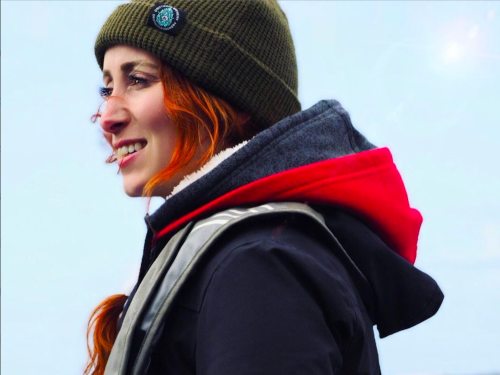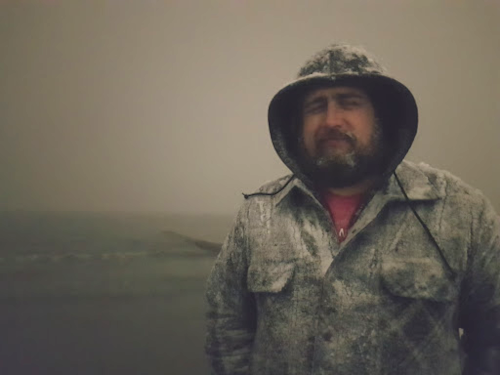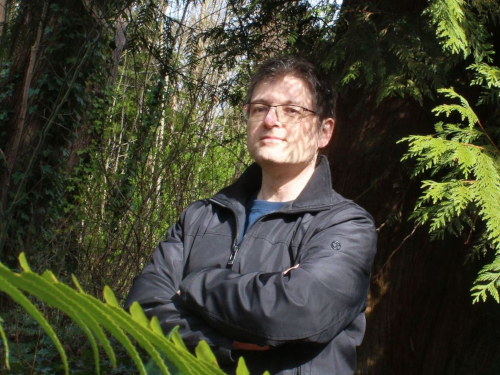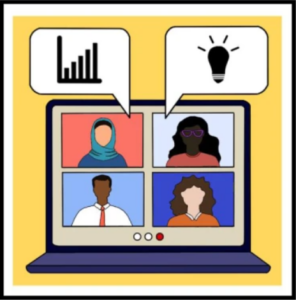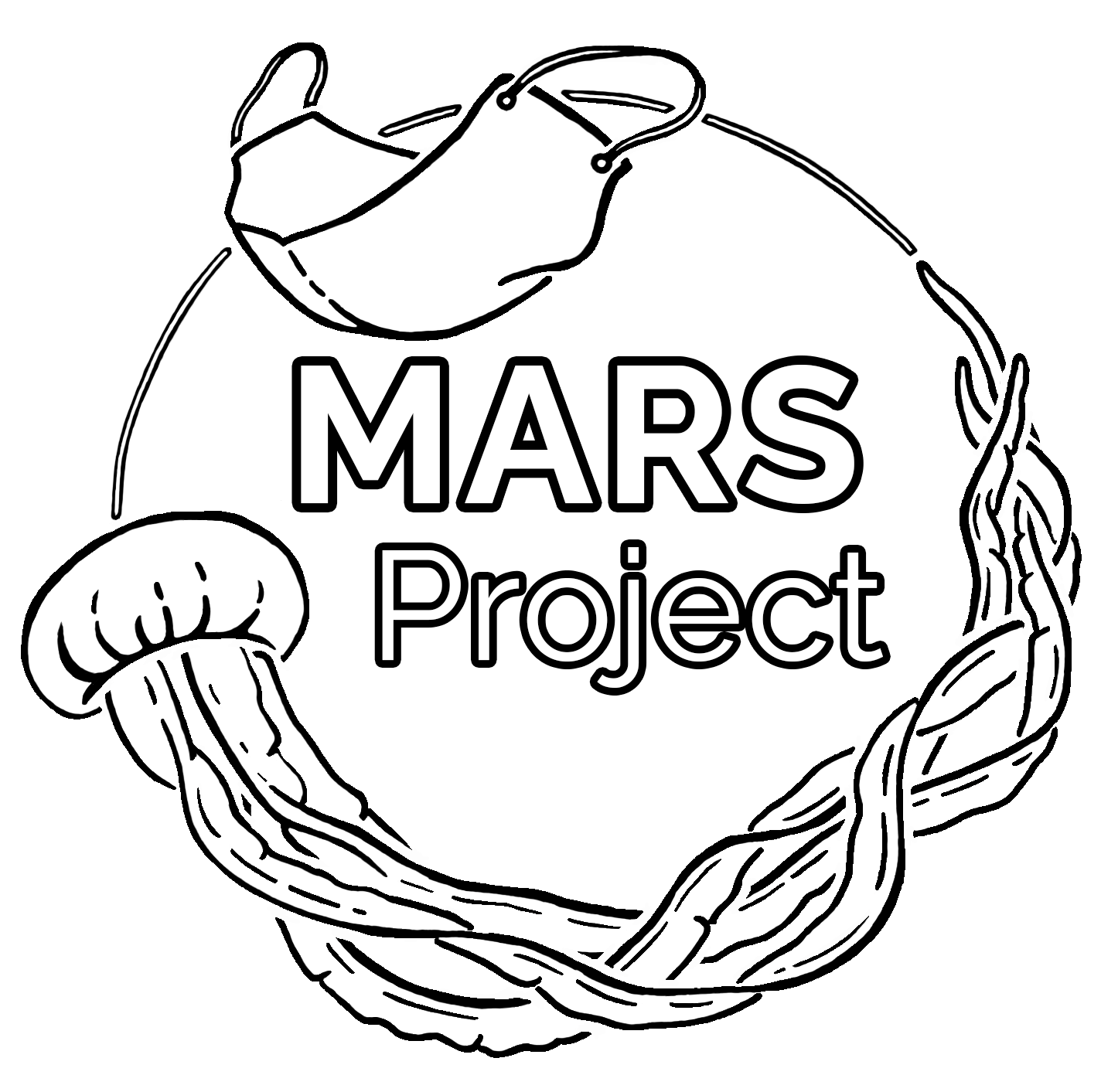A growing global network of collaborators to share data, knowledge, and the possibility for co-authored manuscripts.
About the Marine Anthropause Research Synthesis Project
We are a growing international team of scientists, conservationists, policy makers, educators, and advocates who view the anthropause as an unprecedented chance to study the complex relationship between humans and marine ecosystems. The goal of our collaborator network is to share, synthesize, and communicate the effects of the anthropause on ocean systems to improve and inform our understanding of marine conservation. The ocean is a big place, so we will need a big team if we are to adequately characterize the breadth of lockdown impacts affecting the seas. To facilitate connections between MARS Project members, we wish to create a platform that provides the following:
What can the anthropause teach us?
The early days of the pandemic were a surreal time of swift and drastic change, one of the most impactful being the near immediate lockdown of nearly 60% of the global population.1 The movement and activity of over 4 billion people was suddenly reduced or removed altogether, and the responses from natural systems began to be noticed soon thereafter.
The prevailing narrative framed the immediate effects of what has been termed the anthropause2 as an overall positive change for the environment. However, it has become apparent that the shutdown did in fact have negative impacts: conservation and research programs were disrupted, funding for restoration programs was throttled, enforcement against illegal poaching and fishing decreased, protection for vulnerable species nearly vanished, and more. Less understood were the effects that may occur in marine species and ecosystems, but we aim to shed light in that area.
The pandemic made three things clear: the unexpected and unprecedented opportunity to study the responses of natural systems when human activity is removed or highly reduced,2,3 the positive and negative effects of that reduction, and the necessity to improve the dexterity of collaboration between biologists, policy makers, and conservation managers in light of the recent lockdown and potential future ones.
Connecting the right people with the right data is a challenge in the best of circumstances. It is an even greater challenge to act while traces of these impacts may still be detectable as societies around the world resume pre-pandemic levels of activity. With the MARS Project, we hope to increase the speed at which people are able to find and share information and provide a useful blueprint for rapid connection in future pandemics.
The Team
Amanda Bates, PhD
Professor, Project Lead
Dr. Bates is a professor of biology and the Impact Chair in Ocean Ecosystem Change and Conservation at the University of Victoria. Her research interests include using a macroecological approach to understand how the resilience and functioning of natural systems is changing in response to anthropogenic and natural drivers. With an overarching goal to create sustainable conservation solutions, her lab works at biological scales from whole organism physiology up to global biomes by linking patterns observed for individuals, communities, and ecosystems. Dr. Bates began the MARS Project after receiving a PEW fellowship for marine conservation.
Pew Profile: PEW Marine Fellow Directory
Mitra Nikoo, BSc
Research Assistant
Mitra is an avid and accomplished scuba diver whose research interests include tropical marine ecology with a focus on functional traits and invertebrate assemblages. Her growing involvement in marine conservation research led her to join the Bates Lab and the MARS Project as a research assistant in August 2021. She is currently working on an MSc studying coral reef ecosystem responses to the anthropause under Amanda’s supervision.
Sydney Dixon, BSc
Research Assistant
Sydney is a marine researcher and educator with a passion for the Pacific Northwest. Across B.C. she has worked in water quality monitoring, marine pathogen monitoring, conducted pelagic bird and cetacean population surveys and is a member of the B.C. Marine Mammal Response Network. Sydney joined the Bates Lab and the MARS Project in January 2023.
Jameson Clarke, MSc
Research Assistant
Jameson is interested in the ecology and evolution of physiological mechanisms in invertebrates. He has been involved with deep sea marine ecology and ocean conservation efforts through research, consulting, and coordinating marine restoration and monitoring programs. Jameson joined the MARS Project in January 2022 as a research assistant, and began a PhD program in September 2022 studying insect parasite symbioses.
Julius Csotonyi, PhD
Collaborating Scientific Illustrator
Julius is an experienced scientific illustrator with an academic background in ecology and marine microbiology. He visually reconstructs extinct and extant ecosystems for museums, research publications and books. He also collaborates as an educator and field worker with several conservation organizations. He joined the MARS Project in March 2022.
Want to see our other projects? Visit our lab at oceanconservationlab.com
About the grant provider
Pew Fellows Program in Marine Conservation
The Marine Anthropause Synthesis Project is supported by a 2021 Pew Fellowship in Marine Conservation to Amanda Bates.
Part of the Pew Charitable Trusts, the Pew Fellows Program in Marine Conservation seeks to improve ocean health by supporting research that informs more effective conservation of the marine environment.
For more information about the program and The Pew Charitable Trusts, please visit the Marine Fellows project page at pewtrusts.org.
References
- Bates et al. 2021. Global COVID-19 lockdown highlights humans as both threats and custodians of the environment. Biological Conservation 263, 109175. ISSN: 0006-3207. DOI: 10.1016/j.biocon.2021.109175.
- Rutz et al. 2020. COVID-19 lockdown allows researchers to quantify the effects of human activity on wildlife. Nature Ecology & Evolution 4, 1156-1159. ISSN: 2397-334X. DOI: 10.1038/s41559-020-1237-z.
- Bates et al. 2020. COVID-19 pandemic and associated lockdown as a “Global Human Confinement Experiment” to investigate biodiversity conservation. Biological Conservation 248, 108665. ISSN: 0006-3207. DOI: 10.1016/j.biocon.2020.108665.
